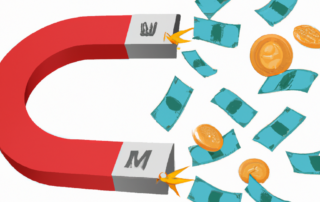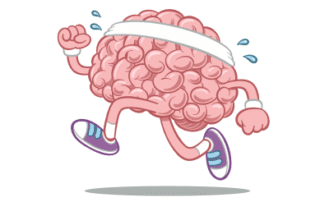How to Not Get Nudged
Nudging and manipulation in modern society, driven by advancements in technology and behavioral sciences, are pervasive. However, there are ways for individuals to resist and develop immunity to these persuasion tactics. By being forewarned, recognizing manipulation attempts, and undergoing debiasing interventions, individuals can better protect themselves. Additionally, they can avoid vulnerable moments, utilize avoidant resistance, and listen to their intuition. While escaping all influences is impossible, individuals can still choose their influencers and free their minds from undue manipulation.











